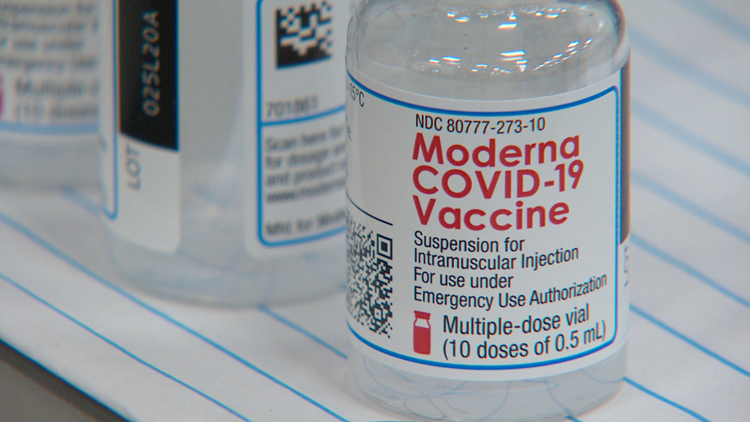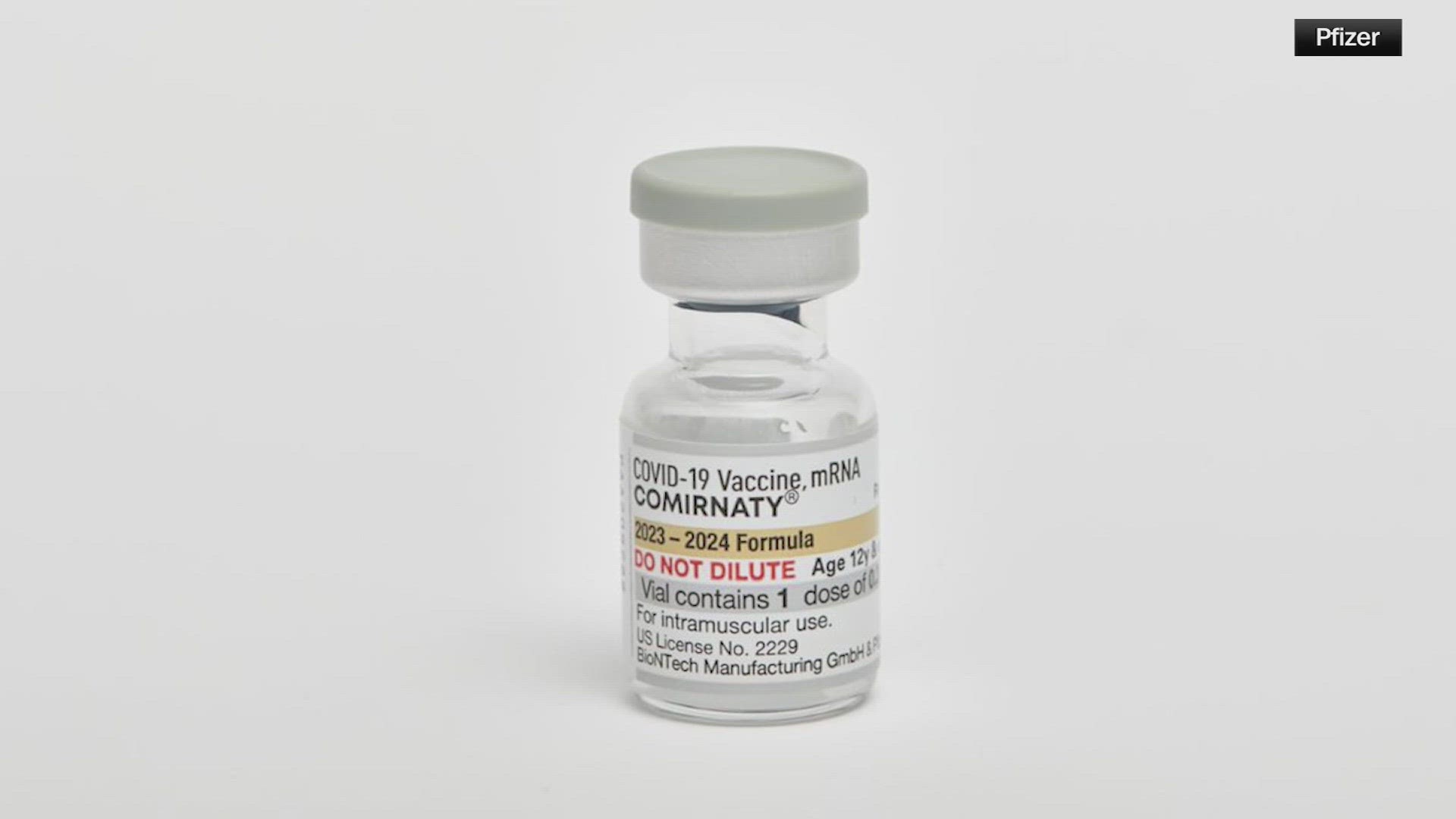We have a vaccine and most counties in Texas have received some doses. So, when will all Texans be fully vaccinated?
“Not for a long time,” State Rep. Gene Wu said bluntly on Y’all-itics.
As of Monday night, just over 1.7 million doses had been administered in Texas, according to the state dashboard. That includes almost 1.5 million first doses and over 260,000 second doses.
Wu said while the federal government should receive the lion’s share of blame, the state doesn’t escape culpability.
The Democrat from Houston said a state must be ready to step in and help its citizens after a disaster, much like a hurricane.
Wu joined Y'all-itics for this week's episode about isn't working in the state and one place the vaccine rollout is going well. To listen, click below or subscribe wherever you get your podcasts: Apple Podcasts | Google Play | Spotify | Stitcher
(Story continues below.)
But Wu said Texas wasn’t ready, even though leaders knew for months that a vaccine was coming.
He argued that the state should have had a statewide registration system in place, including a website and a hotline.
He said residents would have then been able to provide valuable information such as health conditions and where they live.
“And we should have sorted these people out into categories 1a, 1b, 2a, 2b and done that ahead of time. And say okay, you live here, you’re this category, you go to this provider and we’ll send a schedule when you’re up,” Rep. Wu told the Jasons. “Realistically if we’re going to try to vaccinate 20-30 million people, that’s the way you would do it.”
The Democrat said one of the questions he wants answered during the legislative session is why the state didn’t have a registration system in place – or any system for that matter – ahead of time.
“There’s a lot of people playing CYA right now," said Wu. "There’s a lot of people passing the buck. There’s a lot of people basically saying nothing’s wrong, everything’s fine.”
Wu said he’s been on multiple calls with the state health department asking for more doses to be sent to local non-profits known as FQHCs, or federally qualified health centers, which focus on underserved communities.
He said those workers know how reach out to their specific populations and they’re trusted in those communities.
The Democrat also said time is running out.
“We have one-and-a-half 9/11s a day now. Over 4,000 dead per day now and rising," Wu said.
Nowhere is that more evident than the Texas Panhandle.
A different story in Amarillo
As COVID-19 surged in Texas, the Panhandle was one of the hardest hit areas.
“We had portable morgues everywhere. We had four or five refrigerated trucks full of bodies for quite some time,” Potter County Judge Nancy Tanner said. “And If you don’t think that is an eye opener, drive by that and look at it.”
Even if you aren’t familiar with Potter County, you have likely heard of its county seat: Amarillo.
Tanner said she’s lost six friends to COVID and has seen first-hand the mental health havoc the disease is causing, as many of those folks come through her court.
But the Jasons were surprised when they finally sat down to Zoom with Judge Tanner.
If we were expecting more bad news, with the numbers getting worse…
“You would have been very wrong," said Tanner. "We are doing so good that I swear people are calling us just to ask us how we’re doing it.”
Tanner gave all the credit to the City of Amarillo Health Department.
“Finally, the portable morgues are gone," she said. "And so, things are looking up a little bit and our numbers are slowly declining.”
There’s no magic, she said, just good organization.
Tanner doesn’t know how they’re getting so many doses. She likely won’t ask.
“We’ve administered about 25,000 so far,” she said.
Considering that Potter County has around 120,000 residents, that’s more than 20% of the overall population in the first month.
And they’ve been so successful, residents are coming from other counties, even other states, in an attempt to get a dose.
“And we’re not turning them away. There’s no way we would turn them away," Tanner said. "They’ve come from New Mexico, Oklahoma, Colorado. We’ll take ‘em. Open arms.”
But Tanner said she still sees plenty of Texans being, well, Texan.
And Texans don’t like being told what to do.
So, she has one simple message from her own experience after receiving her first dose: “It was painless. I had a sore arm for about 24 hours, that’s it.”



